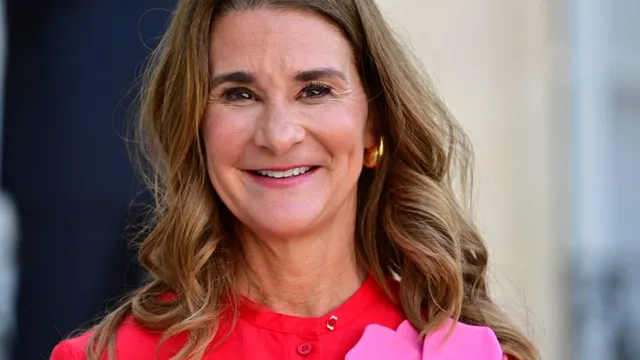
Melinda French Gates critiques Bill Gates’ sleepless nights habit
2024-09-20 00:00- Melinda French Gates criticizes the sleeplessness culture among executives, calling it detrimental.
- Bill Gates reflects on his past beliefs about sleep, acknowledging its importance for cognitive health.
- Research shows that poor sleep is linked to shorter lifespans, highlighting the need for better sleep habits.
Express your sentiment!
Insights
Melinda French Gates has openly criticized the culture of sleeplessness among executives, labeling it as 'dumb.' She argues that the glorification of working long hours without sleep is detrimental, not only to personal health but also to workplace dynamics. French Gates, who recently departed from the Bill and Melinda Gates Foundation after over two decades, has shifted her focus towards philanthropy, emphasizing women's rights and reproductive health. She has also called out other billionaires for their lack of charitable contributions. In a recent podcast, Bill Gates reflected on his past beliefs regarding sleep, admitting that he once thought that less sleep equated to greater productivity. He shared that conversations among peers often revolved around who could function on the least amount of sleep, which perpetuated a harmful mindset. However, he has since recognized the importance of adequate sleep for maintaining cognitive health and preventing dementia. Research indicates that poor sleep is linked to various health issues, including a shorter lifespan. Studies show that women who sleep well tend to live about two years longer than those who do not, while men experience an even greater difference of five years. Interestingly, a survey revealed that higher-ranking executives actually tend to sleep more than their subordinates, contradicting the stereotype of the sleepless CEO. Ultimately, French Gates' critique serves as a reminder of the importance of prioritizing sleep and well-being over the outdated notion of sacrificing health for work. Her stance encourages a reevaluation of workplace culture and the values that drive it.
Contexts
Melinda French Gates has publicly critiqued her ex-husband Bill Gates for his habit of sleepless nights, which she believes may be detrimental to his health and productivity. This concern comes amid ongoing discussions about Gates' work ethic, which has evolved over the years. At 68, Gates has shifted from a relentless work schedule to a more balanced approach, inspired by Warren Buffett's six-day workweek. In recent years, Gates has been actively involved in philanthropic efforts through the Bill & Melinda Gates Foundation, which is celebrating its 25th anniversary. His focus has been on addressing global challenges, particularly in Africa, where he has urged wealthier nations to increase aid and tackle issues like malnutrition. However, Gates' leadership style has faced scrutiny, with reports describing a fearful work environment within his charity. This portrayal contrasts with his public image as a dedicated philanthropist, raising questions about the internal dynamics of his organization. Additionally, Gates' past associations, including his controversial ties to Jeffrey Epstein, have sparked public debate about his motivations and ethical considerations in his philanthropic endeavors. These factors contribute to the complex narrative surrounding Gates as he navigates both his personal and professional life.